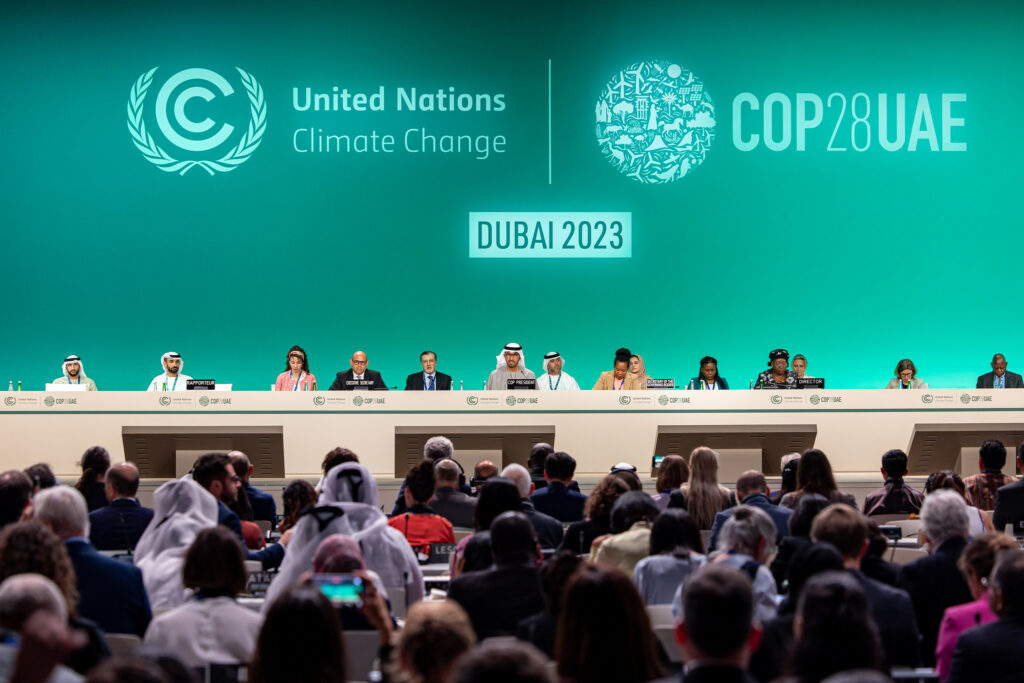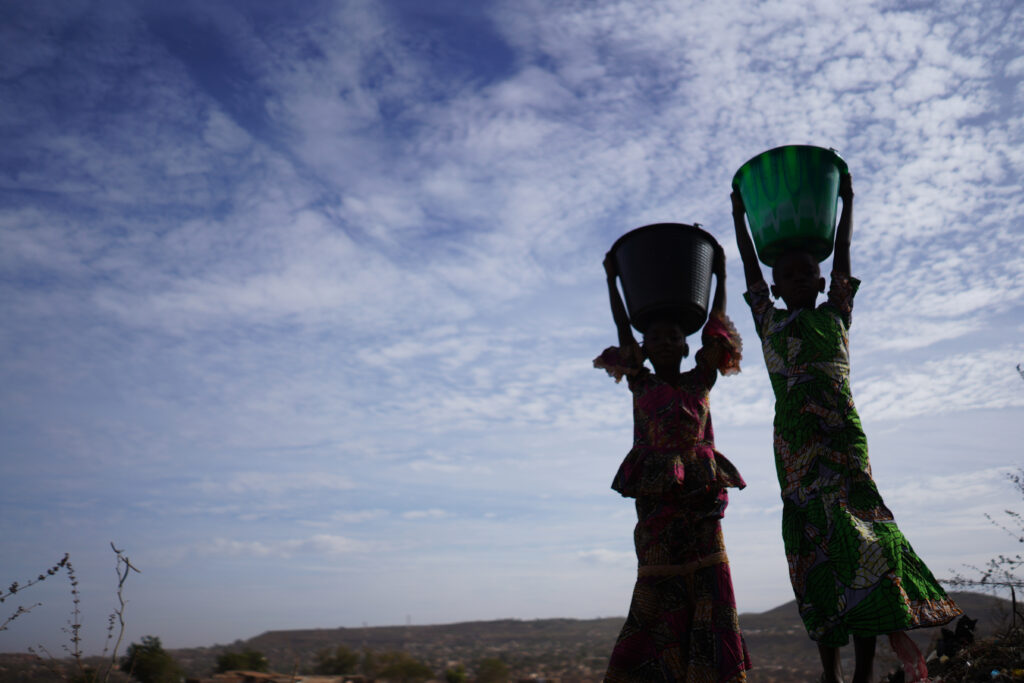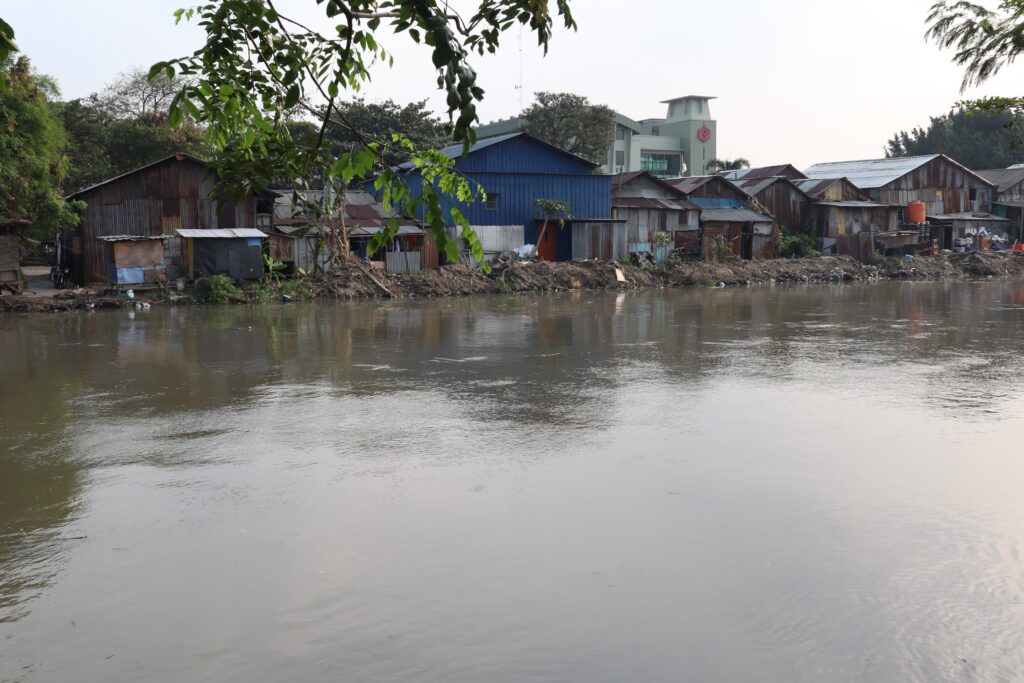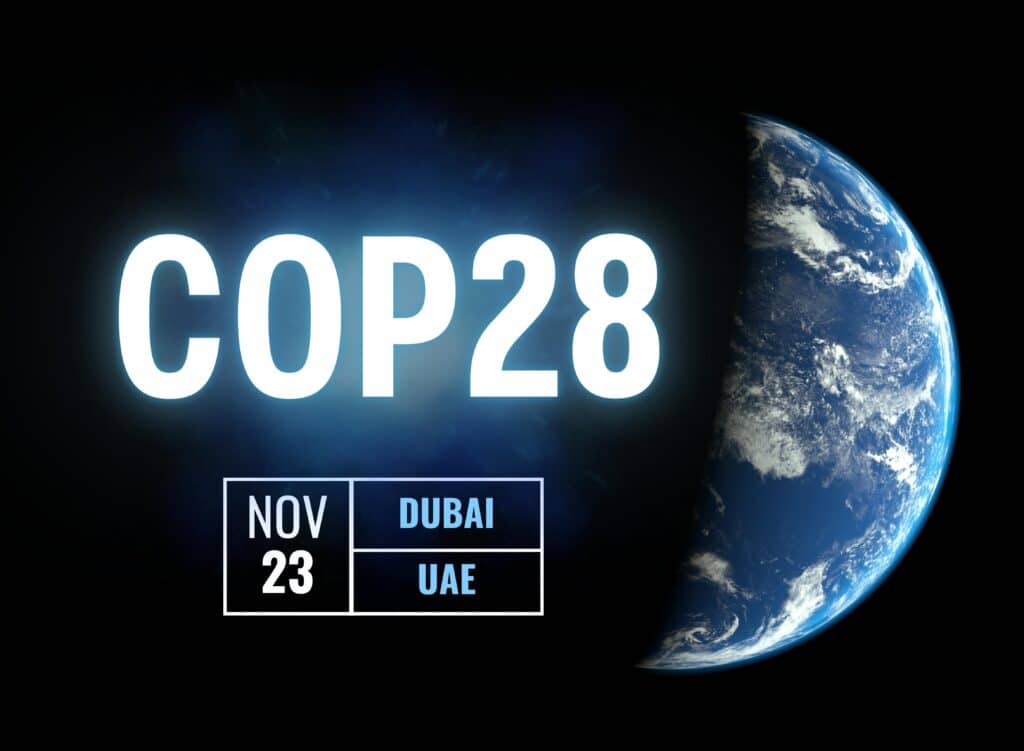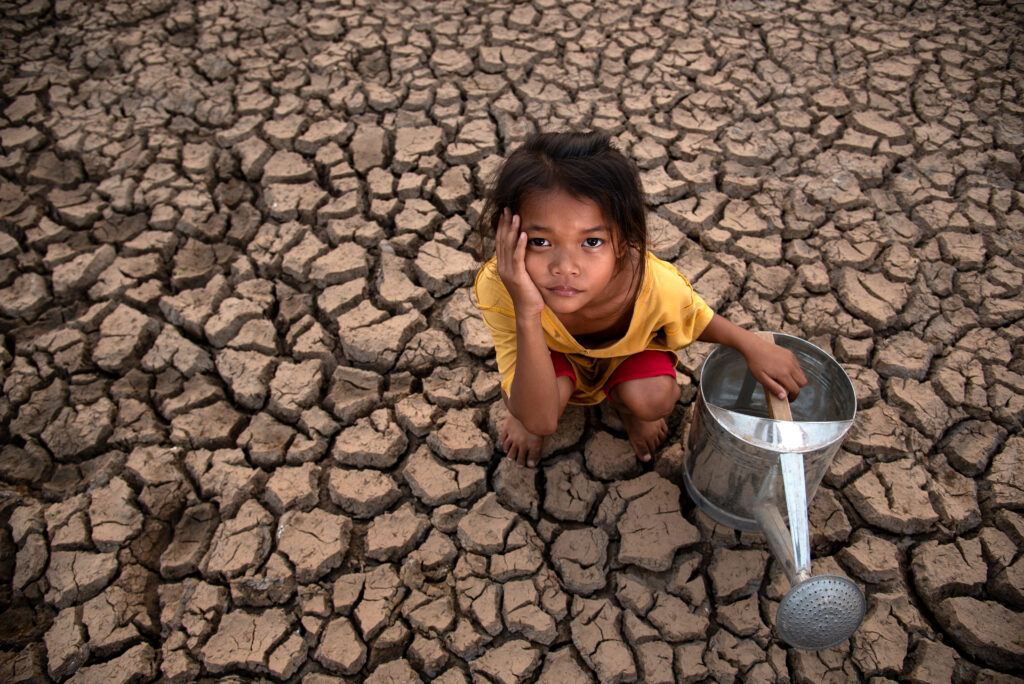The past 12 months of 2023 broke temperature records all across the world, with Asia among the most affected regions. This follows climate science, with the planet becoming increasingly hot due to the sustained use of fossil fuels and the failure to reduce emissions. Without urgent action, heat waves risk becoming more frequent and severe. It is imperative for global leaders to protect frontline communities by limiting the implications of human-induced climate change and averting its worst impacts.
2023: A Year of Record-high Temperatures That Will Persist Without Action
According to Climate Central, between November 2022 and October 2023, the planet has been 1.32°C hotter than pre-industrial levels. As a result, 2023 was stated to be the hottest in the last 125,000 years.
Furthermore, a study by the European Union’s Copernicus Climate Change Service predicted that 2023 would be the hottest ever by a significant margin. Between January and November 2023, the world’s average temperature reached a record 1.46°C increase from pre-industrial levels.
The extreme temperatures wreaked havoc by disturbing weather patterns and ecosystems, affecting over 99% of humanity.
Asia Among the Most Affected Regions
Asia faced some of the harshest consequences, with many regions battling with their most extensive heat waves since record-keeping began. Residents in countries like Japan, Indonesia, the Philippines, Vietnam and Bangladesh suffered from the extreme heat.
India saw its hottest February in the past 100 years. It was followed by August, September and November, marking the highest temperatures since 1901. Throughout the year, various regions in the country broke their all-time temperature records.
Extreme heatwaves also struck different regions in China. Beijing suffered several consecutive weeks of temperatures exceeding 35°C. Meanwhile, the country recorded its highest-ever temperature of 52.2°C.
The extreme temperatures in Bangladesh, Thailand and Laos in April resulted in widespread infrastructure damage, power shortages and a jump in heat stroke cases. The situation in Bangladesh, in particular, was especially severe, with the country witnessing its highest temperature in the last six decades. Over the past two decades, average daytime temperatures in Dhaka have risen by approximately 2.74°C.
Other countries also recorded record-high temperatures. In May, Vietnam recorded its highest temperature ever. In July, Tokyo smashed a 150-year record, with temperatures of 9°C above the seasonal average. Moreover, Singapore saw its hottest October in history.
Central Asia experienced its hottest-ever November. According to research by ClimaMeter, regions in Turkmenistan had a minimum daily minimum temperature of 19.6°C. Uzbekistan broke its national temperature record by 3-6°C on average. Tashkent, Islamabad and Kabul have now become up to 3°C warmer than in past years. ClimaMeter has also found that similar heat waves have become between 1 and 5°C hotter. Furthermore, weather anomalies are now occurring earlier in the year, shifting from November and December to October and November.
Human-induced Climate Change Becomes the Main Reason
Climate scientists agree that human-induced climate change is the main trigger for the 2023 heat waves. Meanwhile, Oxford researchers warn that other natural causes can’t explain the recent temperature increase.
“The world hasn’t stopped burning fossil fuels, the climate continues to warm and heatwaves continue to become more extreme. It is that simple,” warns climate scientist and co-founder of the World Weather Attribution (WWA) group Dr. Friederike Otto.
Moreover, scientists claim heat waves like those we are currently witnessing would have been “virtually impossible” without humans. In fact, ClimaMeter notes that natural climate variability has only partly influenced the heat waves that have affected Central Asia this year.
Furthermore, according to WWA, human-induced climate change has made the heat waves impacting parts of South Asia this year at least 30 times more likely. In China, similar events have been made at least 50 times more likely. Without climate change, scientists have found that temperatures in some parts of South Asia would have been at least 2°C lower.
How COP28 Leaders Addressed the Climate Emergency
At COP28, leaders achieved several small adaptation and mitigation wins in a small boost to the global efforts to tame the climate crisis.
The biggest news of the conference was the target of tripling renewable energy capacity to 11 TW by 2030. Furthermore, countries agreed to double energy efficiency improvements to 4% annually. According to the IEA, achieving those targets is realistic. Ember notes that succeeding would ensure 85% of the fossil fuel reductions needed by 2030 to meet climate goals.
COP28 also saw the operationalisation of the Loss and Damage Fund – a financing initiative aimed at compensating the most climate-vulnerable communities and assisting disaster-stricken countries. Parties also agreed to provide additional support for reducing methane emissions, phasing out “inefficient” fossil fuel subsidies and prioritising ecosystem protection.
While all these are steps in the right direction, loopholes in their design and questions over their implementation remain. More importantly, COP28 leaders remain lukewarm in addressing the issue of phasing fossil fuels out.
“It is absolutely critical that governments legislate fossil-fuel phaseout at this year’s COP climate conference, ” said Dr. Friederike Otto in July 2023, six months before COP28.
Instead of a complete phaseout, COP28 parties agreed to “transition away” from fossil fuels in energy systems. However, the target isn’t binding and lacks a concrete timeline.
The Paris Agreement mandates that parties “should, when taking action to address climate change, respect, promote and consider their respective obligations on human rights.” This effectively means that the failure to phase fossil fuels out and limit temperatures to 1.5°C is failing this important obligation.
Protecting the Most Vulnerable From Heat Wave Extremes Requires a Comprehensive Approach
Over 800 million South Asians live in a hot spot that is highly vulnerable to climate change. Almost 63 million may be displaced by 2050 due to the region becoming uninhabitable. However, solutions exist, and there is still time to avert a catastrophe of such proportions.
Scientists consider an agreement to phase out fossil fuels as the single biggest difference-maker for taming the climate crisis. However, even if the world stops burning fossil fuels tomorrow, it still won’t be able to reverse climate change due to what is known as the “‘locked-in’ level of warming”, which is already impacting particularly vulnerable communities.
That is why, aside from reducing CO2 and methane emissions from burning coal, oil and gas, it is also essential to focus on additional adaptation and mitigation mechanisms.
A critical step is the scaling up of financing for vulnerable communities to assist them with disaster relief and to address the loss and damage from weather extremes. While the newly launched fund at COP28 is a great start, the financing is highly insufficient, and questions over its distribution remain.
Frontline communities also need to prioritise the implementation of effective adaptation strategies like heat wave preparedness and awareness campaigns. Heat adaptation through improving urban infrastructure by eliminating the urban heat island effect, developing more green spaces and enhancing building designs through improved energy efficiency is also crucial.
Additional adaptation support is also needed in the form of early-warning systems that prepare vulnerable communities before disasters like floods and landslides strike to prevent fatalities. While implementation can happen locally, international financial support, technology and knowledge exchange are imperative.
Frontline communities at risk of losing their livelihoods due to the worsening state of various ecosystems, including forests, oceans and agricultural land, need assistance to adapt to the changing climate reality. Among the most suitable measures are investments in sustainable and regenerative agroforestry, the prioritisation of heat-resistant crops and the adoption of agricultural practices to improve resilience and food security. Protecting water security and improving drinking water access is another critical measure.
Leaving 2023’s Weather Extremes Behind
In the last decade alone, more than 700 million people in South Asia were impacted by at least one climate-related disaster. Often, many of these people can’t recover from one climate disaster before another strikes.
In its Sixth Synthesis Report, the IPCC warned that heat waves will become more intense and frequent in South Asia. However, apart from the 2023 heat waves, Asia was also struck by droughts, floods, monsoons and typhoons, significantly affecting economies, livelihoods and health. These climate disasters occur as the planet reaches what UN chief António Guterres calls the era of “global boiling”.
Scientists note that climate catastrophes will start mounting faster than our ability to adapt. Frontline communities shouldn’t be left alone to deal with a problem that they didn’t create. Protecting the most vulnerable requires a comprehensive approach based on a complete fossil fuel phaseout and ensuring sufficient adaptation, mitigation and loss and damage support.
While inroads were made at COP28, COP29 will be a stage set for even more change, and leaders should make the opportunity count.
Viktor Tachev
Writer, Bulgaria
Viktor is a writer that specialises in green finance and ESG investment practices. He holds a Master's degree in financial markets and has over a decade of experience working with companies in the finance industry, along with international organisations and NGOs. Viktor is a regular contributor to several publications and comments on the likes of sustainability and renewable energy.
Viktor is a writer that specialises in green finance and ESG investment practices. He holds a Master's degree in financial markets and has over a decade of experience working with companies in the finance industry, along with international organisations and NGOs. Viktor is a regular contributor to several publications and comments on the likes of sustainability and renewable energy.

